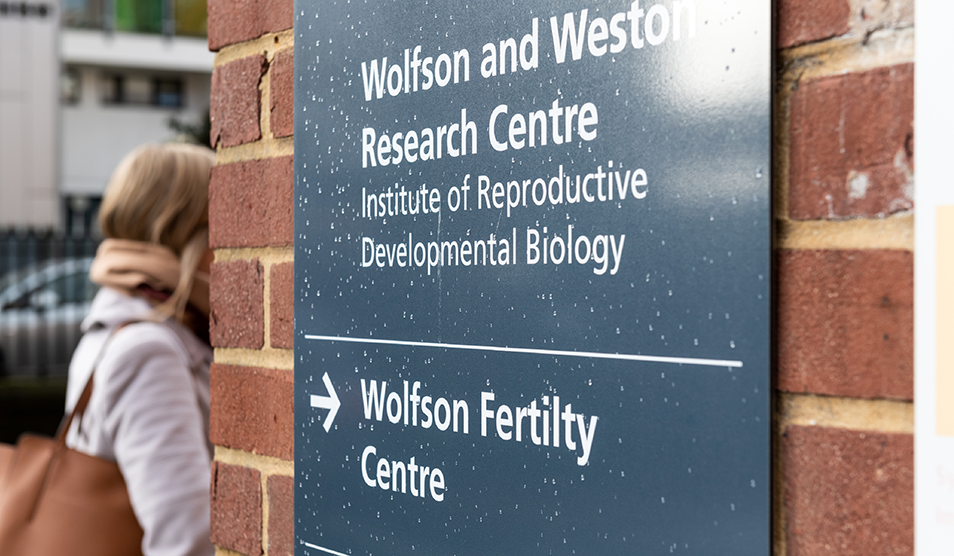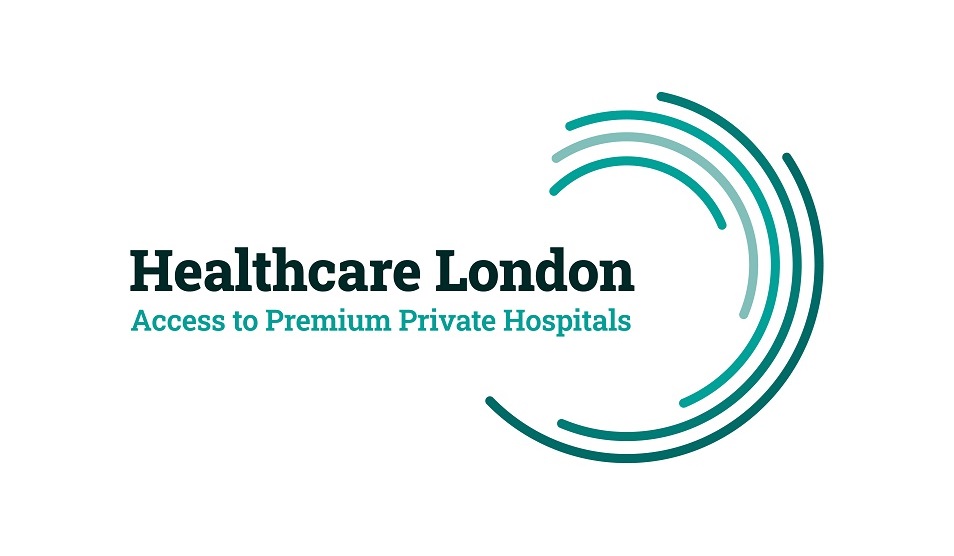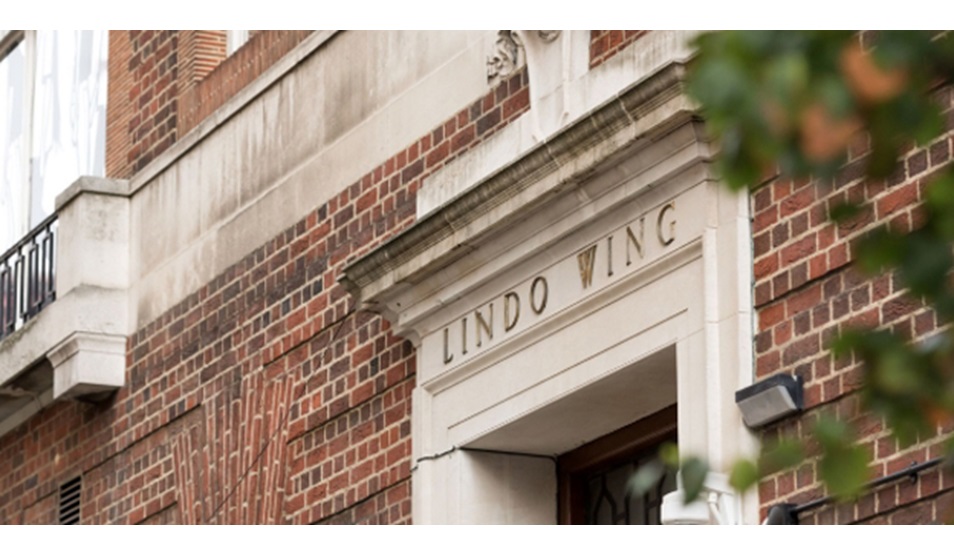Are you at risk of liver disease?
Early detection of liver disease helps to save lives by picking up signs of the condition before the liver is too severely damaged. In our latest blog we speak to consultant hepatologist Dr Ameet Dhar, a liver specialist, about the risks of liver disease, and why anyone at risk should have a liver health check to ensure their liver is functioning normally.
Liver disease causes 4,000 deaths in the UK every year and, as it does not show any symptoms in the early stages, many people are diagnosed when their liver disease is very advanced and potentially irreversible. The good news is that many deaths caused by liver disease can be avoided by early detection, enabling patients to receive appropriate treatment and make lifestyle changes to restore their liver to good health.
The causes of liver disease
The main causes of liver disease are alcohol misuse, obesity or having an undiagnosed viral-infection-caused hepatitis. Drinking heavily or being very overweight can lead to damage to liver cells and scarring. Over time, this can lead to a stage of advanced scarring within the liver known as cirrhosis.
Symptoms such as jaundice (yellowing of the skin and whites of the eyes), easy bruising and itching, do not appear until the advanced stages of liver cirrhosis.
Dr Ameet Dhar said: “You are at risk of liver disease if you regularly drink over the recommended limit of alcohol (14 units week); have risk factors for fatty liver disease such as a raised BMI (body mass index), diabetes, or hypercholesterolaemia; risk factors for a viral hepatitis or a family history of liver disease. In these cases, it is worth having a liver screen so that if you have any signs of disease it can be diagnosed and treated before the damage is irreversible.”
Early detection
Fortunately, early detection can be straightforward. According to Dr Dhar, anyone who feels they are at risk of liver disease should request a blood test via their doctor, which can show how well the liver is working. If the test result is abnormal, you can be referred to a specialist liver unit for further investigations such as the FibroScan.
Peace of mind with a 10-minute scan
Imperial Private Healthcare is one of the leading FibroScan Centres in the country and has the latest technology that can more accurately assess the liver health of people who are at risk of liver disease.
The FibroScan takes just 10 minutes with immediate results. It involves placing a probe on the abdomen which bounces soundwaves off the liver to give a score indicating the level of stiffness and scarring within the liver. It can also be used to estimate the presence of a fatty liver..
Dr Dhar said: “The FibroScan enables us to assess if there is any evidence of liver disease in the form of liver scarring before it progresses to cirrhosis. In some cases, the scan shows little or no scarring and this gives our patients enormous reassurance.
“If there are signs of liver disease, we can follow up with further investigations such liver imaging and further liver blood tests. In some cases patients may require a biopsy of their liver to confirm the extent of liver damage and the underlying cause.Expert follow-up care
“Once the cause and extent of your liver disease is accurately diagnosed, Imperial Private Healthcare has a world-class liver unit with an expert multidisciplinary team to ensure you receive the best treatment for your individual condition,” said Dr Dhar.
Treatment options for liver disease depend on the cause, but include lifestyle advice such as abstaining from alcohol or losing weight, as well as specific drugs to prevent viral hepatitis and complications of advanced liver disease
The best chance of recovery will always come with early diagnosis, so if you feel you have any reason to consider yourself at risk, it is a good idea to seek medical advice.
For further information about our liver service, please visit our liver services page.
Prior to October 2023, Imperial College Healthcare Private Care was known as Imperial Private Healthcare.



